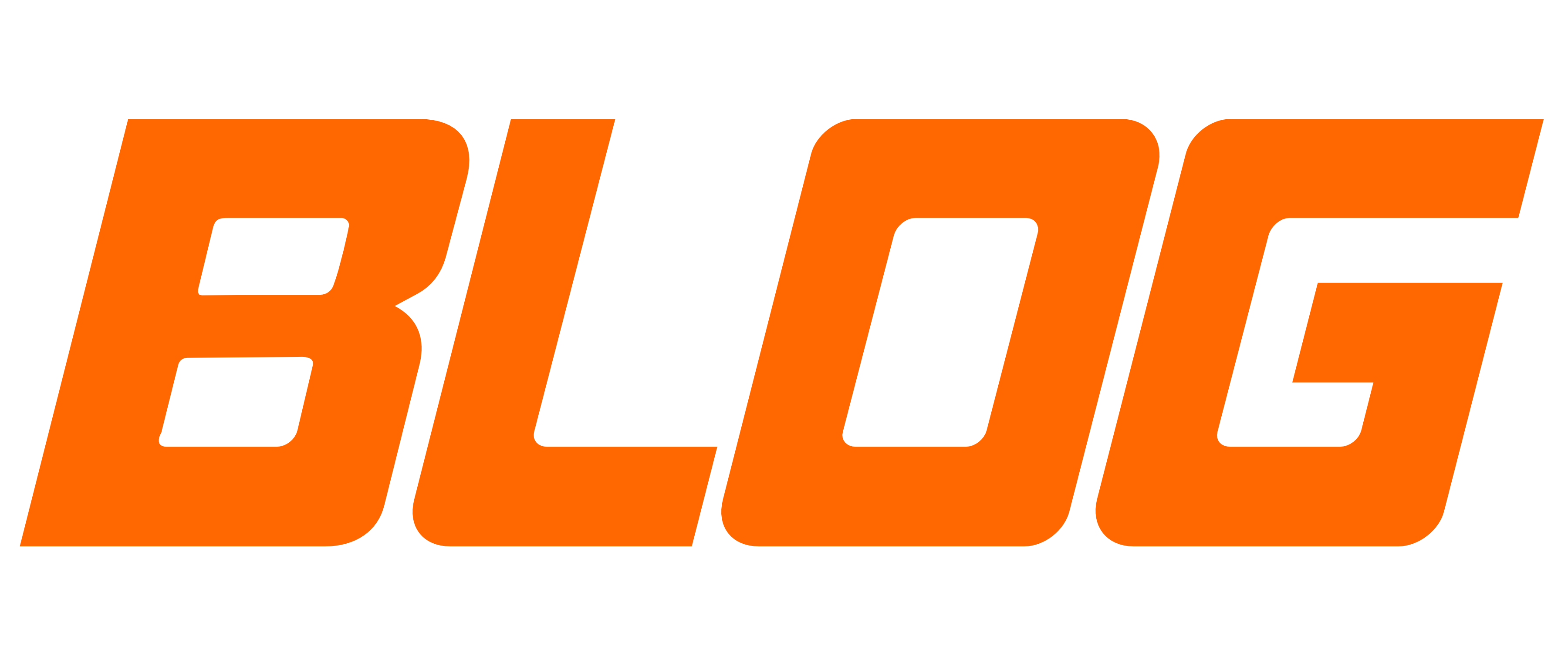
Keyword Analysis for Local Businesses
Importance of Keyword Analysis for Online Businesses & Tips to Leverage it For Optimum Success
With over 1 billion websites crawling over the web, it’s not easy to compete online. Your site’s web ranking is the key factor that determines your online competitiveness. If your website fails to appear in the top SERPs, your competitors will hog a bigger piece of the market while you’ll be left eating the crumbs. And this is something no business owner wants!
According to astudy published by Chitika, the top listing on search engine results receive 33 percent of the search engine web traffic whereas the second gets only 18 percent. What’s important to understand here is that high SERP ranking matters but only when it is for the right keywords! Wondering why? It’s simple your business success is gauged by the lead conversion rate not by the number of clicks. And this is only possible if you attract target leads and filter out the random. For targeted lead generation, it is imperative to optimize your business website on the right keywords (the words typed into the search box by your potential target audience).
When it comes to finding the right keywords to optimize and rank high on, keyword analysis/research is the key. Through keyword analysis you can:
Learn about the keywords, terms and phrases your audience searches for to find service providers like you
Learn more about your potential customers
Predict demand shift
Respond proactively to the changing market conditions
Produce content, products and services that your web searchers are looking for actively
Understand what motivates the customer
Simply put, keyword analysis helps you find relevant industry keywords that are money makers for your business.
Now let’s get down to some tips that can help you find relevant keywords-take your online business to greater heights and stay ahead in the virtual world:
1. Avoid Guesswork- Use Keyword Research Tools to Find the Relevant Keywords for Your Business
Guessing keyword can cost you business and time. So, instead of shooting in the dark, use authentic keyword research tools to find out what words and phrases your customers really type into the search engines like Google and Bing. Keyword tools not only provide you knowledge about keywords in demand but some also provide you estimated search volume, competition level and the cost of running paid campaigns for certain keywords.
You can use keyword tools like:
Google AdWords
Microsoft Bing Ads Intelligence
Google Trends
Wordtracker
2. Dive Deeper-Assess the Keyword’s Value
You can’t possibly optimize all keywords therefore, look for high converting keyword terms and long tail phrases. By optimizing such keywords, you can:
– Boost your web ranking
– Increase online visibility
– Attract targeted leads
Target lead generation can help lower your site’s bounce rate and improve conversion rate. To learn what keywords you should optimize, you must first assess and understand the value of a keyword. For this it is important to make a hypothesis and then test it.
Others tips to assess the value of a given keyword are:
See which websites already rank for the keywords you want to optimize. This will give you important insight about the competition and find out how hard it will be to compete on the given term.
Look for search engine advertisements running on the top or right hand side for the given keyword. Search ads means the keyword is of high value. However, search ads on top of the organic results means the keyword is outstandingly lucrative and has a high conversion rate.
Buy test traffic and over the course of 200 to 300 clicks track impression and conversion rate.
Get started now….Good Luck!